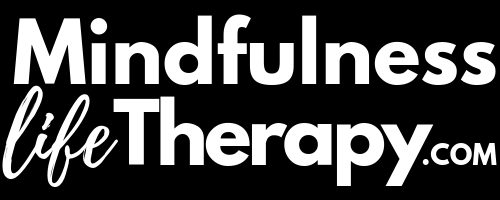Counselling / Psychotherapy
Counselling and Psychotherapy are often considered to be interchangeable therapies that overlap in a number of ways. Counselling, in specific situations, is offered as part of the psychotherapy process; whereas a counsellor may work with clients in a psychotherapeutic manner.
The key difference between the two courses of therapeutic communication treatment lies in the recommended time required to see benefits. Counselling usually refers to a brief treatment that centres around behaviour patterns. Psychotherapy focuses on working with clients for a longer-term and draws from insight into emotional problems and difficulties.
Counselling:
- Helps people identify problems and crises and encourages them to take positive steps to resolve these issues.
- It is the best course of therapeutic treatment for anyone who already has an understanding of wellbeing, and who is also able to resolve problems.
- Counselling is a short-term process that encourages the change of behaviour.
Psychotherapy:
- Helps people with psychological problems that have built up over the course of a long period of time.
- It will help you understand your feelings, thoughts and actions more clearly.
- Psychotherapy is a longer-term process of treatment that identifies emotional issues and the background to problems and difficulties.
Our therapists use an integrated approach to therapy, which avoids dogma, recognises that there is no one overriding truth or ‘best’ psychotherapy. Rather, what exists are many truths, which have greater or lesser relevance to each client, depending on their particular problems and what they are seeking to achieve in the therapeutic process.
Our therapists are trained in a range of therapeutic approaches, allowing them to adapt the therapy experience to meet your particular issues. Rather than trying to match the client to a therapy, we prefer to match psychotherapy to the client.
